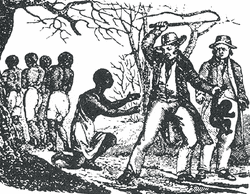
Slavery was a common practice in 1200 BCE. Slaves earned a living by being in contract with their owner. This is not to support slavery but rather draw out a context for which these scriptures are written. The commandments that honor God help us see what God's vision for the context of God's people at the time. So, even though we no longer have 'approved' systems of slavery, these scripture might draw us to a greater understanding of what systems we see God speaking into for fair treatment. Notice the respect that God demands both slave owner and slave have for one another, honoring the contract and commitment of each. What systems, class, or peoples might God speak to us about who are in need of fair treatment?

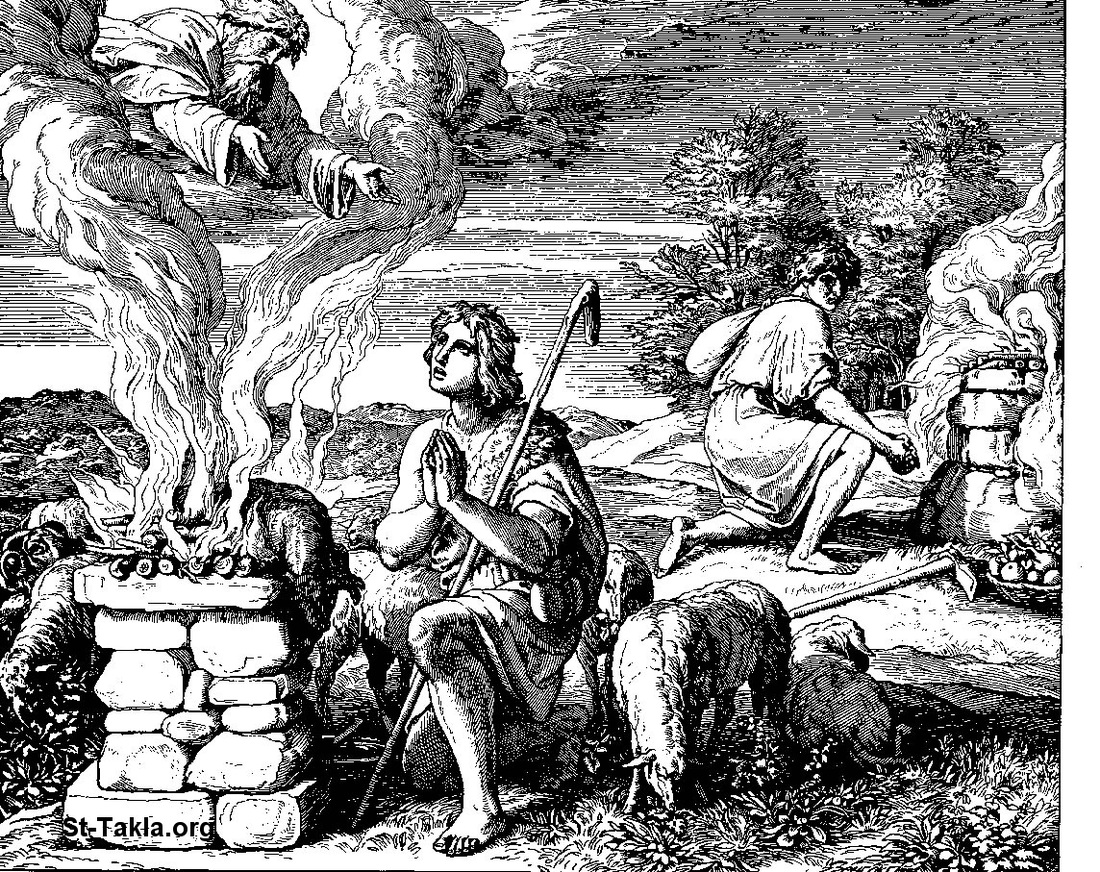
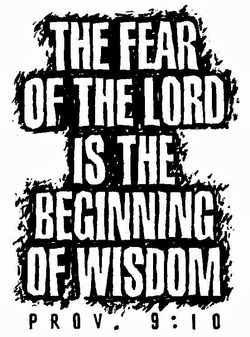
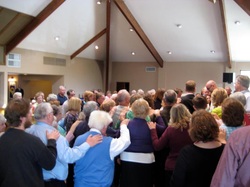
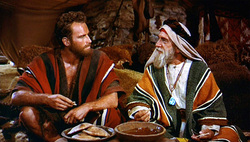

 RSS Feed
RSS Feed